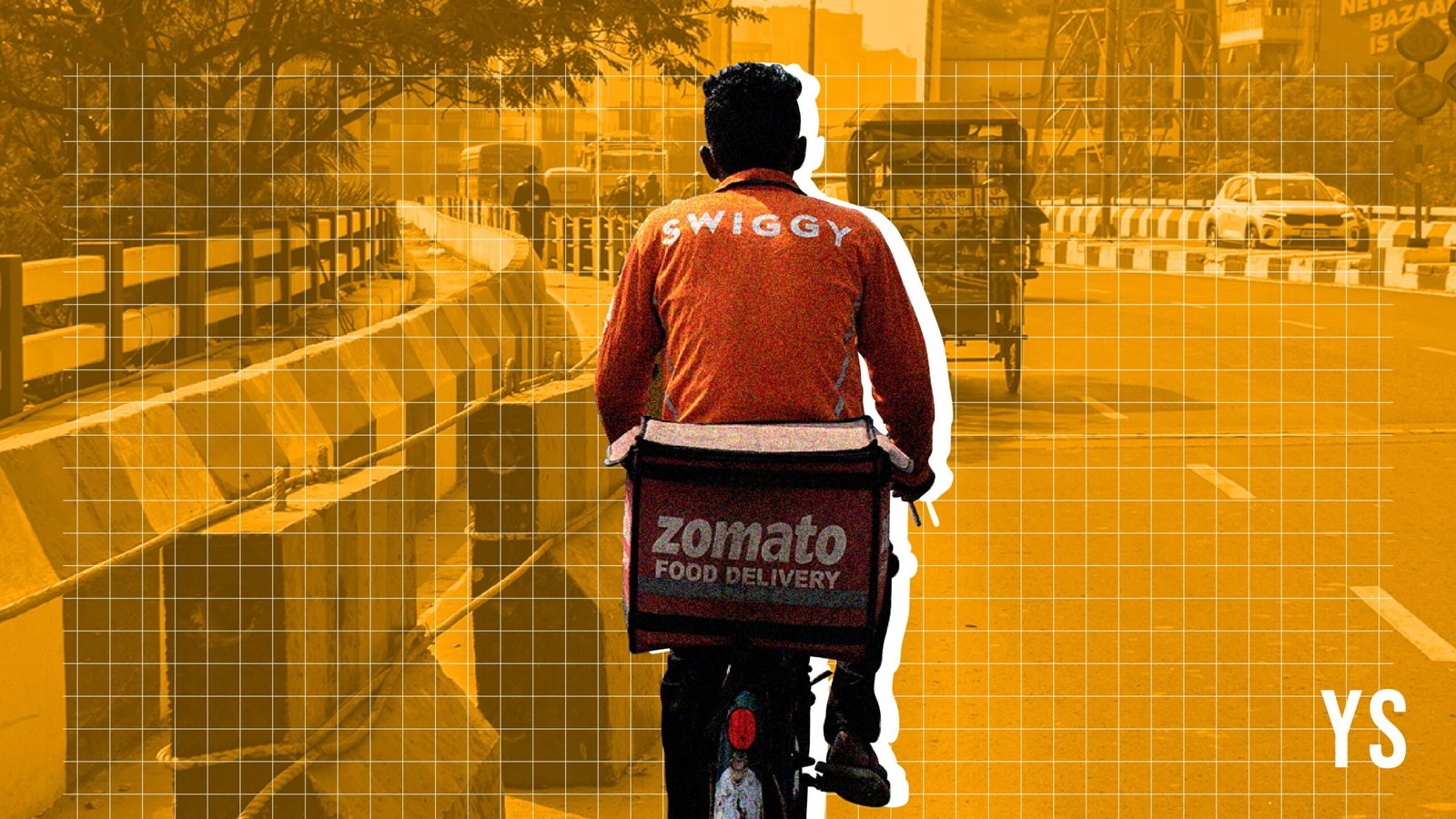GST ruling puts delivery fees of Swiggy, Zomato under tax net


Until now, delivery charges existed in a gray zone. Platforms argued that since delivery partners are individual contractors and typically unregistered under GST, the fees they earned fell outside the tax net. The Council has now invoked Section 9(5) of the CGST Act, treating Swiggy and Zomato as the deemed suppliers of delivery services.
This makes them responsible for charging 18% GST on every delivery fee and paying it to the exchequer. For example, a delivery fee of Rs 40 will now attract an additional Rs 7.20 in tax, raising the total to Rs 47.20. Unless platforms absorb the levy, customers are likely to see higher bills.
“This clarification transforms delivery services from being small-scale, unregistered transactions into taxable supplies facilitated by large digital intermediaries,” said Amitraj Kaushal, Advocate at the Supreme Court of India. “The liability no longer depends on whether gig workers are registered or not—the platform itself is now the supplier for GST purposes.”
Food Delivery vs. Quick Commerce
The move underscores how regulators view food delivery differently from other forms of ecommerce. For quick-commerce and online retail players, delivery is treated as ancillary to the supply of goods. Food delivery, however, is considered the core service of platforms like Swiggy and Zomato.
That brings them in line with ride-hailing firms such as Uber and Ola, which already operate under a similar framework where the platform, not the driver, remits GST on rides.
Margins, compliance, and the consumer question
For Swiggy and Zomato, the shift squeezes margins and complicates cash flows. Platforms will need to rework billing systems, collect tax on every order, and manage compliance.
Subscription models such as Swiggy One and Zomato Gold may remain unaffected, though bundled “free deliveries” could eventually draw scrutiny.
“The law ensures a level playing field and plugs tax leakages that had persisted in the gig economy,” Kaushal said. “But the economic impact will be significant—platforms will either pass the burden to consumers through higher delivery fees or adjust payouts to delivery partners.”
By shifting liability away from small delivery workers and onto billion-dollar platforms, the government has formalised a sector long in regulatory limbo.
Edited by Megha Reddy
Discover more from News Hub
Subscribe to get the latest posts sent to your email.






